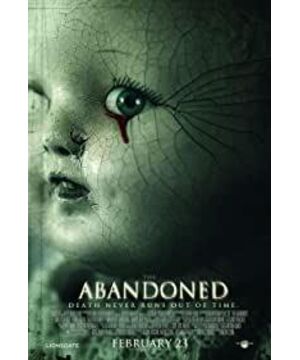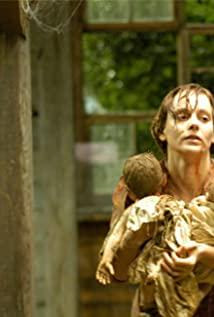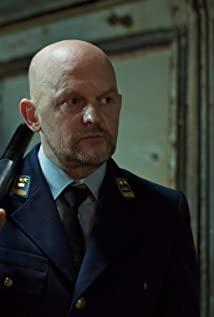The clearer the memory of the psychological trauma, the greater its impact (the horror experience begins with the protagonist's psychological experience of getting close to his mother's murder and its truth). And this kind of psychological trauma still exists in the subconscious even if it is not remembered; and, based on general psychological theory, psychological problems are hereditary in families, based on genes on the one hand, and mental states of family members on the other hand This is why the father in the film says: "You belong to me, you belong to this family", "We are still missing a family member, EMILY, your daughter". The heroine's father may be afraid of loneliness, may be insecure, and is a control freak; and the heroine has inherited this to a certain extent (most of the male protagonist's violent tendencies are also the result of the genetic and psychological influence of the father), At the beginning of the film, the heroine had a phone call with EMILY, interfering with EMILY's private affairs, and later in the film, the heroine confessed again that she was afraid that her daughter would grow up and leave her. Maybe EMILY will be somewhat affected by this. In addition, although EMILY said at the end of the film that she will not be obsessed with her mother and grandparents, can we believe that a girl whose mother disappeared at the age of 16 is as happy as a girl who has no such experience? What's more, the mother has been searching for her missing parents for 16 years by her side, and she has disappeared because of this?
In fact, it is difficult for a person to understand himself not based on his knowledge of his origin and his past. Therefore, the unbreakable and decisive influence and heredity of psychological trauma on life is manifested as a cycle of fate: the
father celebrates the heroine's birthday, implying that this is the fate that was given to him when he was born in this family.
The two zombies imply that their futures have been determined by their pasts.
The imagery of islands, water and bridges is very clever. People's inner world is like an island, limited by special psychological experience (the water that the heroine is afraid of), the love of others (nothing more than a mother's love; another example is the love of the male protagonist's match for the male protagonist) It's the bridge, the only way out of the shadows (the heroine didn't go out by boating herself). But the bridge is fragile (the mother died tragically; so did the partner), and it is itself a potential source of psychological trauma. The bridge is broken, and the hero and heroine cannot escape their fate in the end.
View more about The Abandoned reviews











